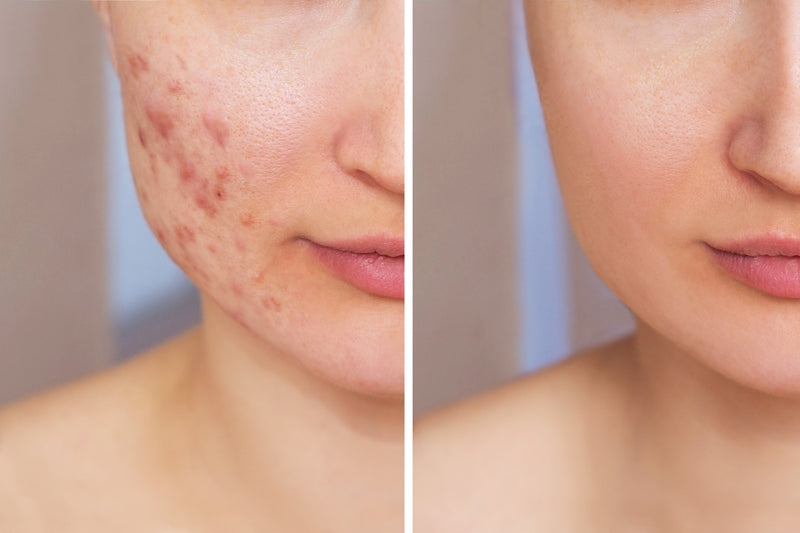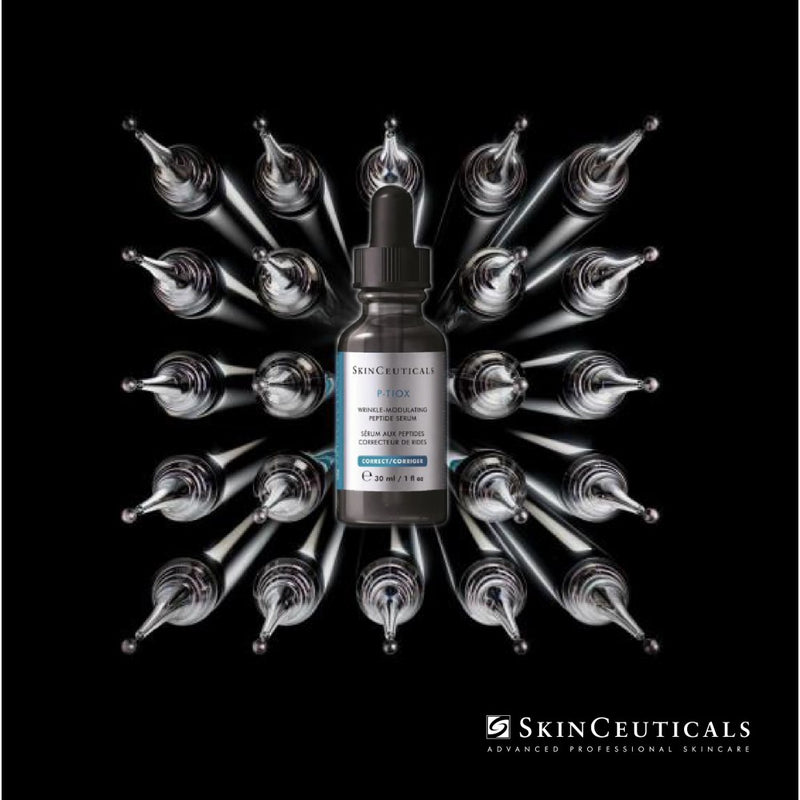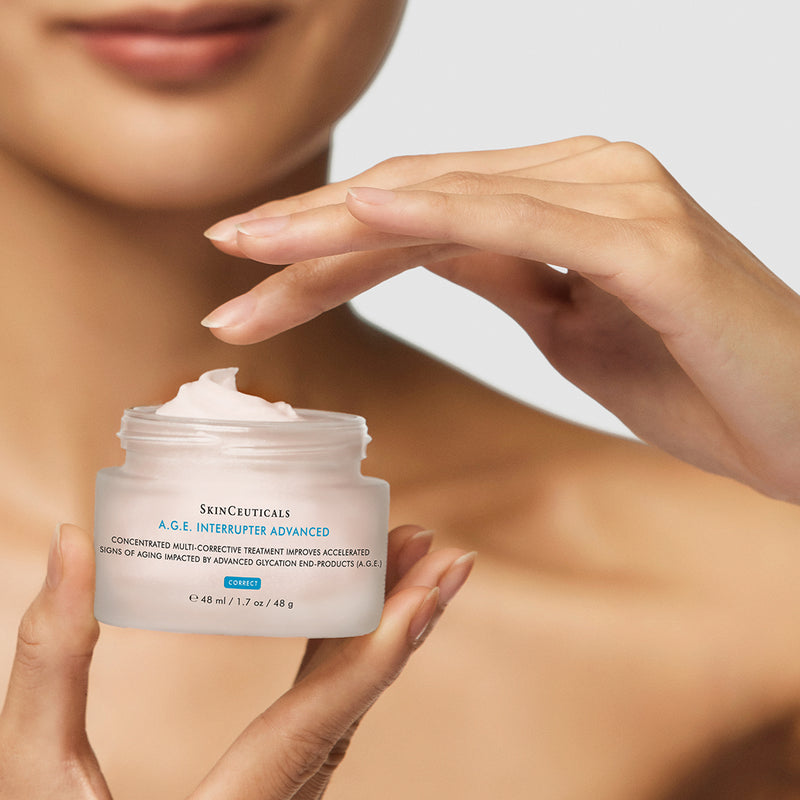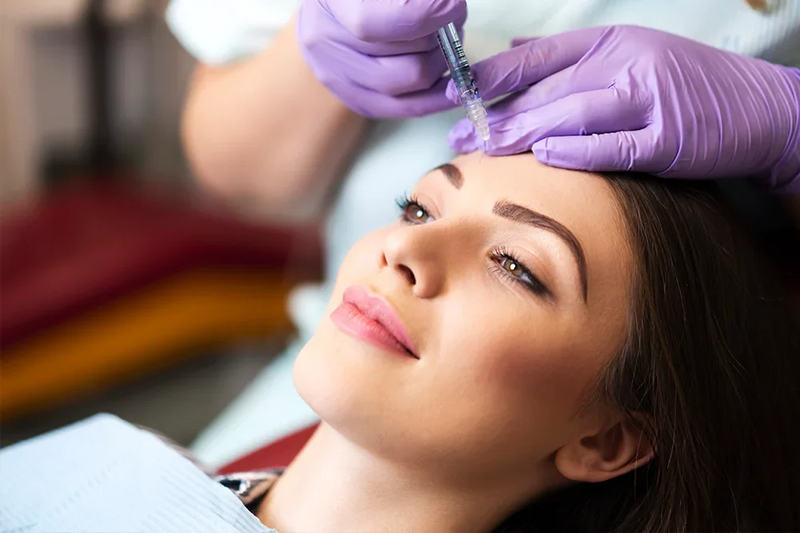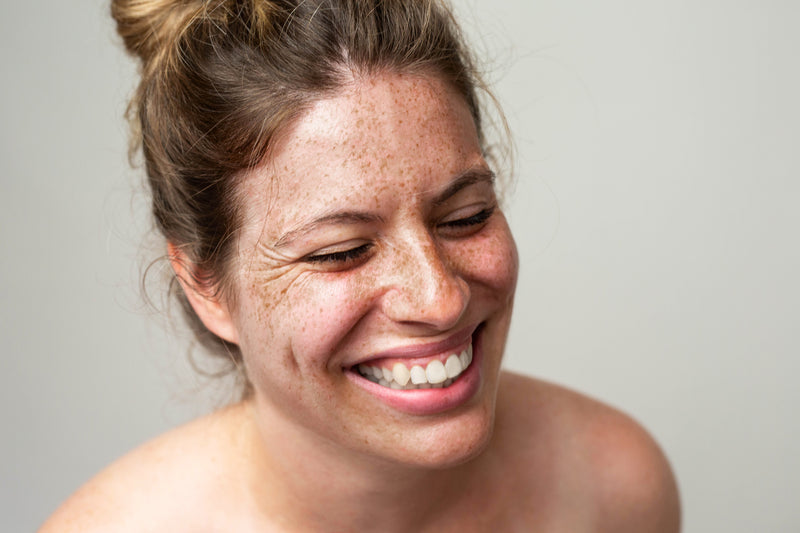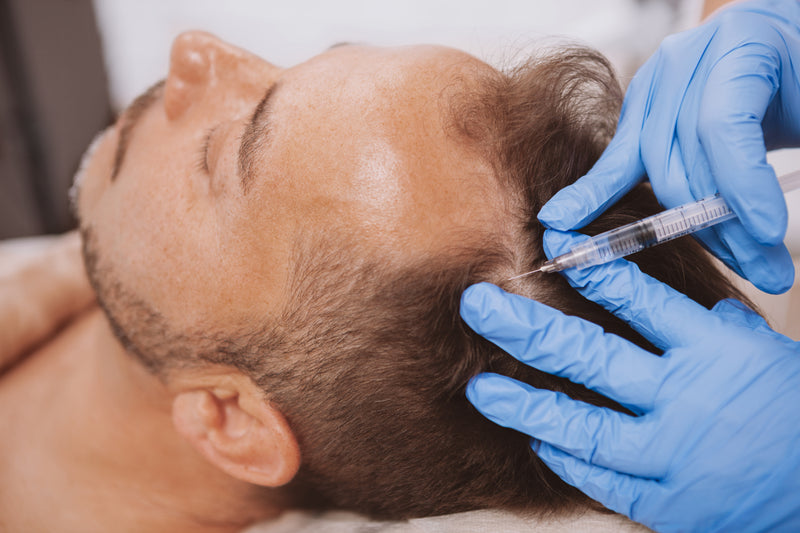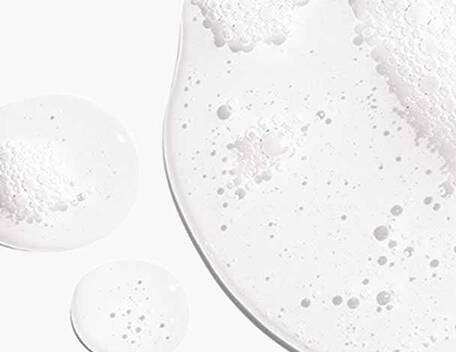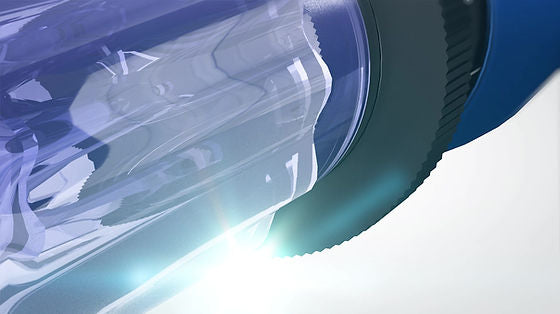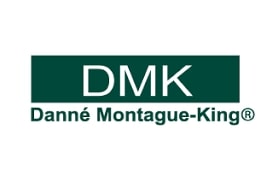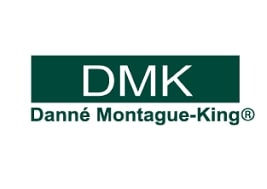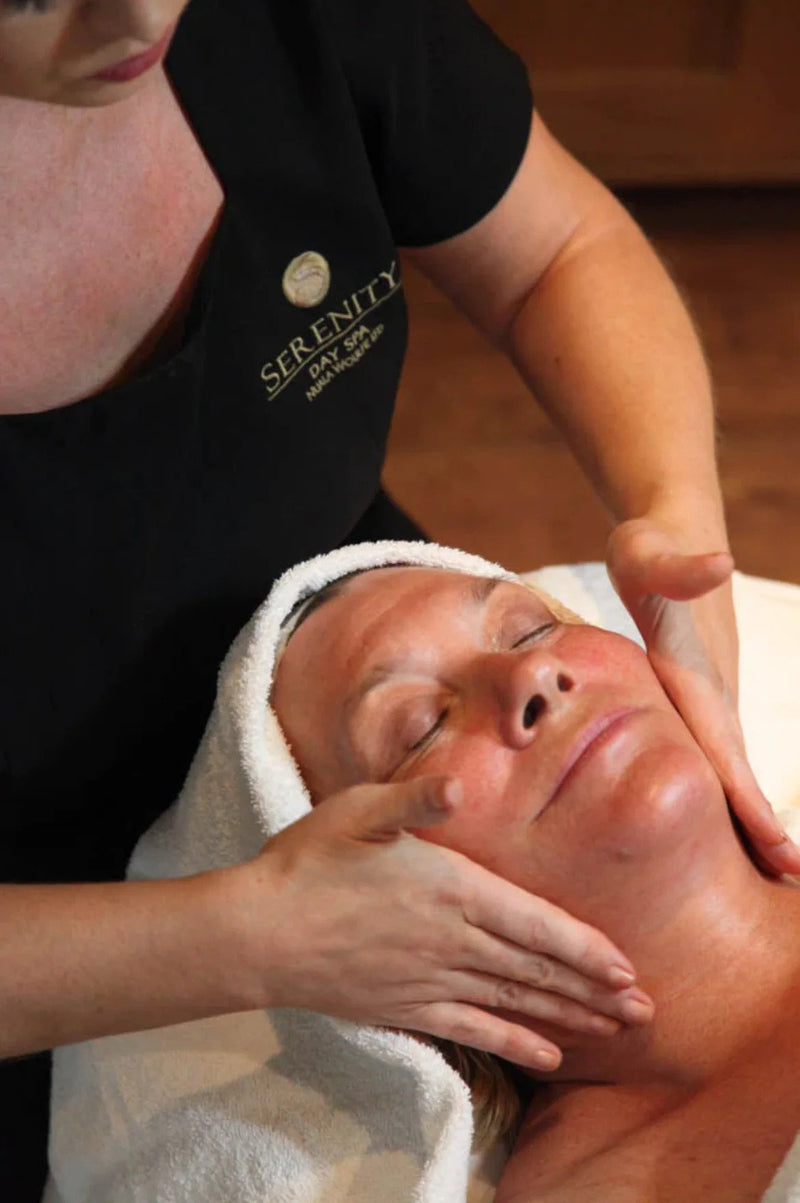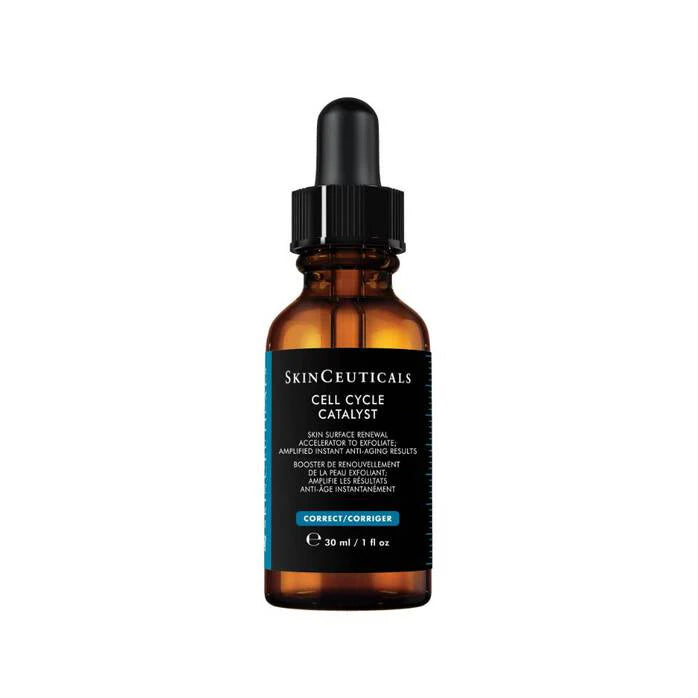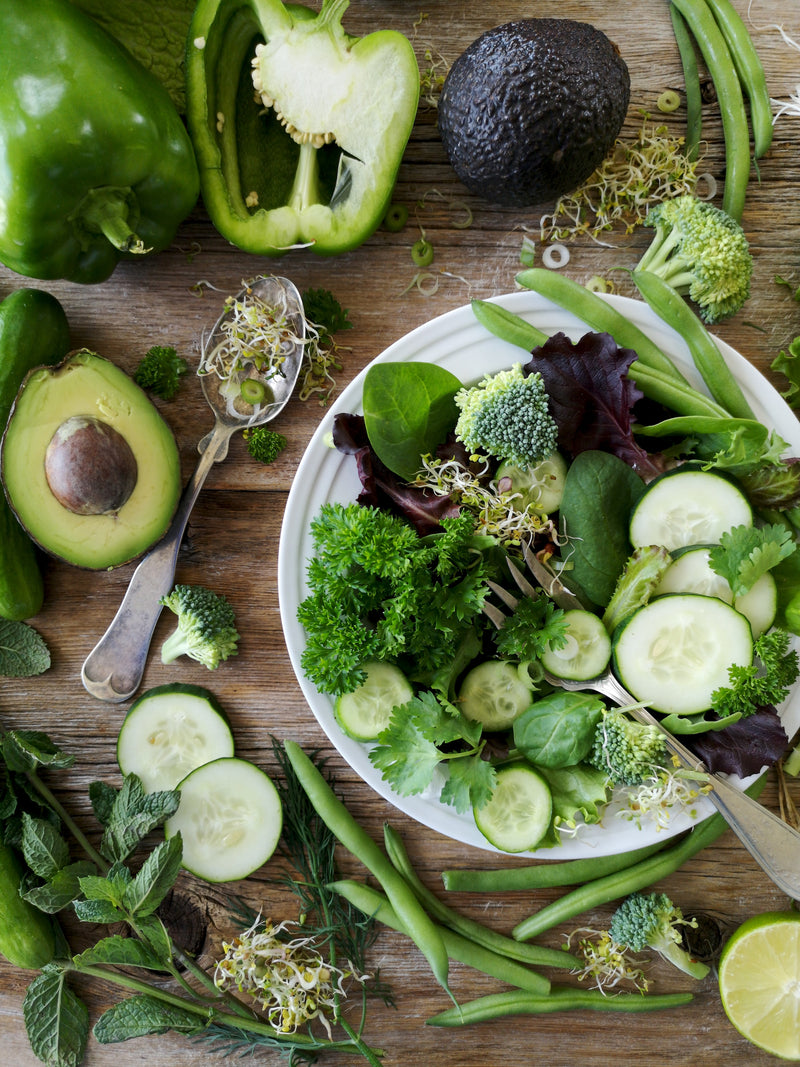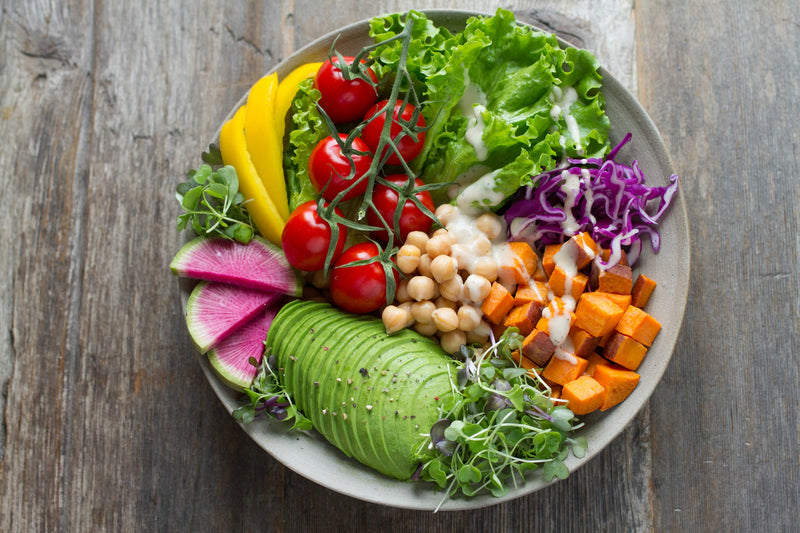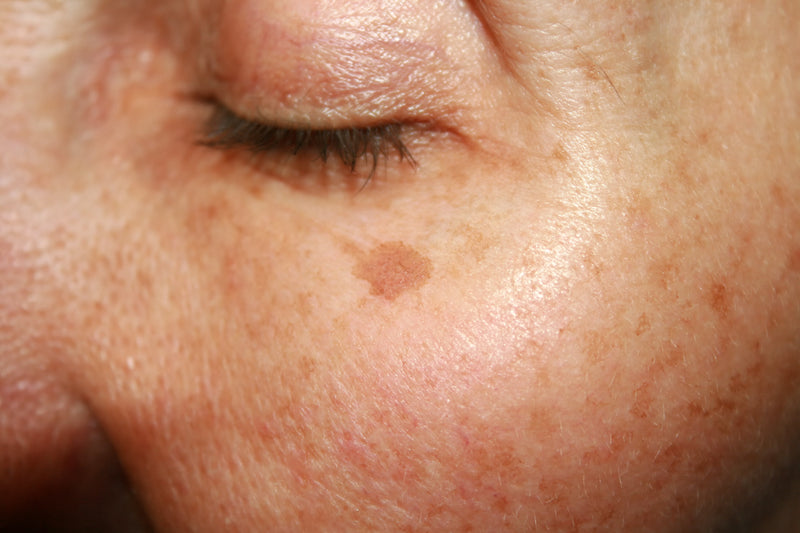
Anytime a nutrient is considered essential, it means your body needs it to stay healthy but that you can’t produce it and therefore you must get it from your food.
This critical metal is only needed in tiny amounts .Your body relies on zinc for growth, maintenance, and numerous biological functions—including hormone creation and balance.
Benefits of Zinc
-
Significantly supports the immune system by fighting off viruses and bacteria.
-
Helps to create DNA in every cell.
-
Critical to hormone synthesis and balance (e.g. thyroid, progesterone, cortisol).
-
Essential during growth and development in babies and children.
-
Provides building blocks for enzymes needed in a healthy metabolism.
-
Improves how quickly and how well wounds heal.
-
Supports protein synthesis.
-
Allows you to smell and taste.
-
Prevents age-related vision loss.
-
Naturally stabilizes blood sugar.
-
Can combat high blood pressure.
-
May boost fertility in some.
-
Boosts athletic performance through improved muscle repair.
We know that the right amount of zinc is critical to intestinal health. If we consume too much or too little zinc, the intestinal barrier falls apart. An over- or underabundance of zinc can cause shifts in the gut microbiome, and cause diarrhoea and inflammation.
The only way that people can consume too much zinc is through supplements. If you get zinc only through foods in your diet, then you really can’t consume toxic amounts. However, if you only rely on your diet, then you may not be consuming enough. So, finding the right balance is important.
Is zinc deficiency a big problem?
One study from the National Institutes of Health shows that 35 to 45 % of adults over 60 years old had lower-than-average zinc intakes. Scientists believe that about 7 to 10 % of the population is severely lacking in the nutrient. Women of reproductive age are most likely moderately zinc-deficient due to menstruation and not eating the right foods. Symptoms of too little zinc include dry and itchy skin, loss of hair, reduced ability to taste food and a compromised immune system that leads to more colds.
How much zinc should we be consuming?
The recommended daily allowances for zinc are 11 mg for men and 9 mg for women. But since excess zinc is also not healthy, don’t overdo it with supplements.
Your body does not store zinc so you need to have good amounts of this mineral every day. Here are some good sources of this essential mineral:
-
Pulses
-
Shellfish
-
Seeds
-
Nuts
-
Eggs
Zinc availability in Irish soil.
The availability of Zn in soils to plants is reduced by liming. Zinc is absorbed by iron and manganese minerals in soils and also by certain clay minerals. The intensity of absorption by iron minerals increases as pH rises and this in part accounts for its reduced availability.https://www.teagasc.ie/crops/soil--soil-fertility/trace-elements/grassland/zinc/



